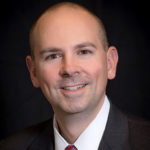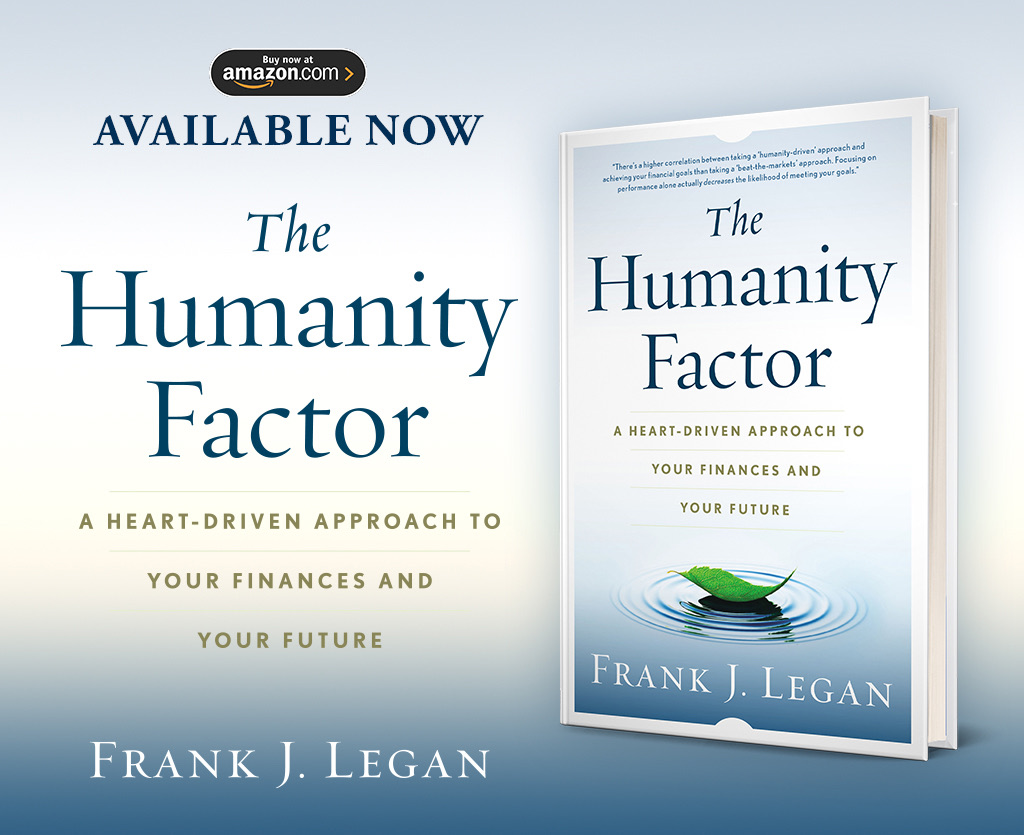By Dayna Smith
When most people think of financial independence, they think of hitting retirement age and finally being free from the burden of their careers. But we at Cedar Brook Group believe that financial independence can be within reach at any point in your life—in your 30s, 40s, or 50s.
Your financial independence is yours for the taking. With proper planning ahead, it can be an achievable goal. Here are some critical steps to take now to get ready for your own financial independence.
Evaluate Your Lifestyle and Priorities
Sit down and take the time to carefully evaluate your current lifestyle and what kind of lifestyle you want in the long run. This is a crucial exercise because it forces you to put down in words and numbers what you need to live the life of your dreams. Then you can go forward with evaluating how close you are to attaining that life independent of more income.
Creating a budget is a great way to evaluate your current situation. Document how much money you have coming in from every source. Document how much you typically spend every year. It is a great practice to then determine which of these expenses are a want versus a need. Take a close look at your debt and establish what debt falls into the “good debt” category or the “bad debt” category. (For example, your mortgage would be good debt while credit card debt would be bad debt.)
As you evaluate your lifestyle and priorities, it’s important to map out your short-term and long-term goals. Once you articulate these two levels of goals on paper, you will be in a better position to fulfill them. You can then see what you need to do financially to pursue those goals, now and in the future.
Spend Less Than You Earn
Keeping your spending under your earning level gives you a giant leap toward financial independence. When you’re living a lifestyle that requires less than your income, you can avoid accruing bad debt. You know investments and savings grow over time, so it’s wise to save early and keep those savings safe from spending.
Unspent assets are the key to financial stability. Consciously watch your spending habits and see if you can find hidden places to cut back and switch to more saving. Maybe you have memberships or subscriptions you’re not using. Maybe you’ll realize you can afford to put more away in an automatic savings plan each month. Maybe you can limit restaurant visits to once a month. When you’re thinking of making a big purchase, see if you can wait it out for 30 days and then decide if you really want to buy that item. These little strategies certainly add up over time and with practice.
Take Advantage of Retirement Savings Plans
You can increase your contribution to your retirement savings plan by 1% each year. That slow, gradual increase will not be felt as directly, and yet over time will have a nice big impact on your retirement and financial plan. Once that becomes your new routine, you shouldn’t be negatively affected by the loss of spendable income. Maxing out your retirement savings contribution is a sneaky and very effective way to tuck money away for your future financial independence. Money taken from your paycheck, before you even see it, is an easy way to save for later in life. Then sit back and watch your retirement savings grow.
At a minimum, you’ll want to add the amount to maximize your employer match to your retirement savings plan. Take all the financial advantages offered by each employer so you can receive the maximum benefit.
Health Savings Accounts Are for More Than Medical Bills
Health savings accounts (HSAs) are personal savings accounts funded by your pre-tax earnings and can be withdrawn tax-free as long as it’s used for qualified health expenses like deductibles, copays, and coinsurance costs. The great thing about HSAs is that you can use the money for medical expenses at any time. This means you can set aside the money in your HSA until retirement and then use it for those qualified medical costs. If you don’t spend the money in your HSA, it will roll over year after year. Utilizing an HSA saves a lot of money because the contributions are taken from your pre-tax earnings, and when you use funds from the account, they are not taxed as income. The other advantage of an HSA is that it can help offset the cost of future medical bills you or your family may face.
Grow an Emergency Savings Account
A true emergency is one in which you could have never planned for. A robust emergency fund comes to the rescue when unforeseen events occur in your life, like a house fire, a car getting totaled, or a job loss. Setting aside money for six months’ worth of expenses is like having your own private insurance plan. When a crisis hits, you’ll feel a little more in control knowing that the crisis isn’t going to break you financially. And you’ll feel safer knowing your bank account won’t be bled dry. To determine what amount is equivalent to six months of expenses, try calculating how much money you need for a typical month and then multiply that amount by six.
This is not the place to save up money for predictable, regular expenses like Christmas presents or vacations. Routinely adding to an emergency fund is something that may not feel worth it from day to day, but you’ll certainly be grateful for it at some point down the road. Your emergency fund affords you flexibility in times of transition. Hypothetically, if you were to be laid off from your job, you’d be able to wait and take the next best opportunity rather than being forced to take the first job offer in order to make ends meet.
The ideal place to grow your emergency fund could include a traditional savings account, but accounts like a high-yield savings or money market account could yield a better return without presenting significant risk. Remember, you want the funds available if and when you choose to draw from this account.
After the Emergency Fund, Begin Investing
If you haven’t done so already, building up your emergency fund is job number one. But job number two in gaining financial independence is to begin investing your money. Investing is putting your money to work for you, and it’s a long-term strategy. The great thing is that you don’t need a lot of money to initially invest. Any amount put into a mutual fund or an exchange-traded fund will grow with time. When choosing appropriate investments, consider factors like risk tolerance, your financial goals, and how long until you may want to use the money being invested. My team and I can help determine which investments are optimal for you right now.
We Can Help You Pursue Financial Independence
It’s nice to know that with the right planning and forethought, financial independence is something within your control. Our Cedar Brook Group team is here to discover your goals and values and help you align those with your financial practices. If your goal is to reach financial independence before retirement age, we can formulate steps with you that get you to your goal. Let us know if you’d like help evaluating your retirement savings plan, budgeting for an emergency fund, or financial planning in general. We’re here to listen and serve.
Reach out to us at 440-683-9213, flegan@cedarbrookfinancial.com, or schedule a complimentary introductory call online!







